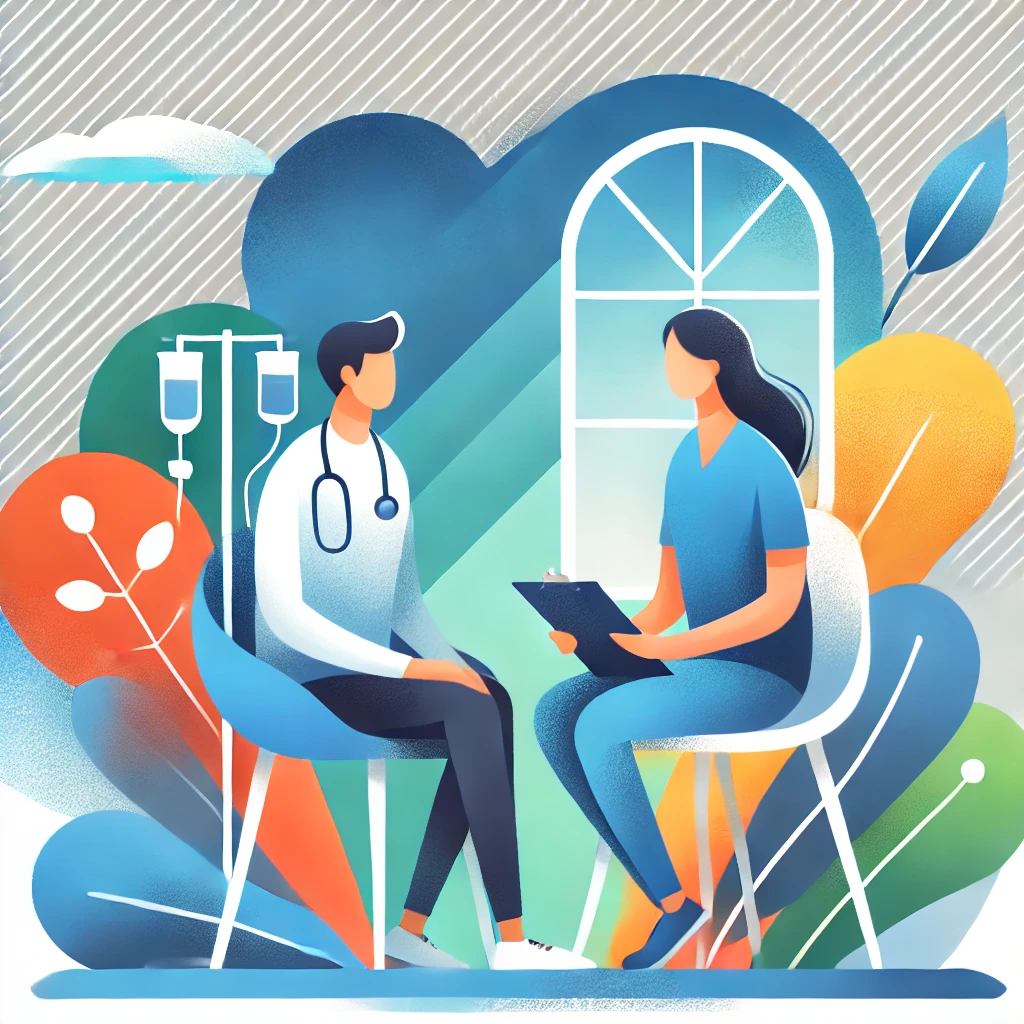What is Health Communication? The Definition

Health communication is a vital aspect of healthcare that often goes unnoticed, yet it plays a critical role in shaping patient experiences and outcomes. But what exactly is health communication, and why does it matter? In this blog, we’ll explore the health communication definition, its importance in improving experiences for both patients and medical professionals, and how targeted training—particularly empathy training from Empathable—can transform healthcare interactions.
What is Health Communication? The Definition
Health communication refers to the study and use of communication strategies to inform, influence, and motivate individuals, communities, and populations about health-related issues. It encompasses everything from patient-provider conversations and public health campaigns to written materials and digital health tools. At its core, health communication is about delivering clear, accurate, and compassionate information to improve health outcomes and foster understanding.
Effective health communication is not just about sharing information—it’s about creating a connection. It ensures that patients feel heard, understood, and empowered to make informed decisions about their care. For medical professionals, it enhances collaboration, reduces misunderstandings, and creates a more supportive work environment.
How Health Communication Improves Patient Experiences
For patients, clear and empathetic communication can make all the difference in their healthcare journey. Here’s how:
- Builds Trust and Reduces Anxiety
When healthcare providers communicate clearly and compassionately, patients feel more at ease. Trust is established, and anxiety about diagnoses, treatments, or procedures is significantly reduced. - Improves Health Literacy
Many patients struggle to understand complex medical terms or instructions. Effective health communication breaks down these barriers, ensuring patients fully grasp their conditions and treatment plans, which leads to better adherence and outcomes. - Encourages Patient Engagement
When patients feel heard and understood, they are more likely to actively participate in their care. This engagement can lead to healthier lifestyle choices and better management of chronic conditions.
How Health Communication Benefits Medical Professionals
Health communication isn’t just beneficial for patients—it also improves the experiences of medical professionals:
- Enhances Team Collaboration
Clear communication among healthcare teams reduces errors, streamlines workflows, and fosters a culture of collaboration and mutual respect. - Reduces Burnout
When providers feel confident in their communication skills, they can build stronger relationships with patients and colleagues, reducing stress and preventing burnout. - Improves Job Satisfaction
Effective communication leads to more positive patient interactions and better outcomes, which can increase job satisfaction and a sense of fulfillment among healthcare professionals.
The Role of Training in Improving Health Communication
To achieve these benefits, healthcare organizations must invest in training programs that equip their teams with the necessary communication skills. Here are a few types of training that can make a significant impact:
- Empathy Training
Empathy is the foundation of effective health communication. Training programs like those offered by Empathable teach healthcare professionals how to connect with patients on a deeper level, understand their emotions, and respond with compassion. - Health Literacy Training
This type of training focuses on simplifying complex medical information so that patients can easily understand and act on it. - Crisis Communication Training
In high-stress situations, such as medical emergencies or public health crises, clear and calm communication is essential. Crisis communication training prepares healthcare professionals to handle these situations effectively.
How Empathable Can Help with Empathy Training
Empathable is a leader in empathy training, offering specialized programs designed for healthcare professionals. Their training focuses on practical techniques to improve emotional intelligence, active listening, and patient-centered communication. By integrating Empathable’s empathy training into your organization, you can:
- Foster stronger patient-provider relationships.
- Create a more supportive and collaborative work environment.
- Enhance patient satisfaction and outcomes.
Empathy training is not just a skill—it’s a mindset that transforms how healthcare professionals approach their work. With Empathable’s guidance, your team can learn to communicate with compassion and understanding, making a lasting impact on both patients and colleagues.
Transform Your Health Communication Today
Health communication is the bridge that connects patients and providers, fostering trust, understanding, and better outcomes. By investing in training programs like those offered by Empathable, you can elevate the way your organization communicates and create a more compassionate healthcare environment.
Ready to take the first step? Connect with Empathable today to learn more about their empathy training programs and how they can help your team master the art of health communication.
